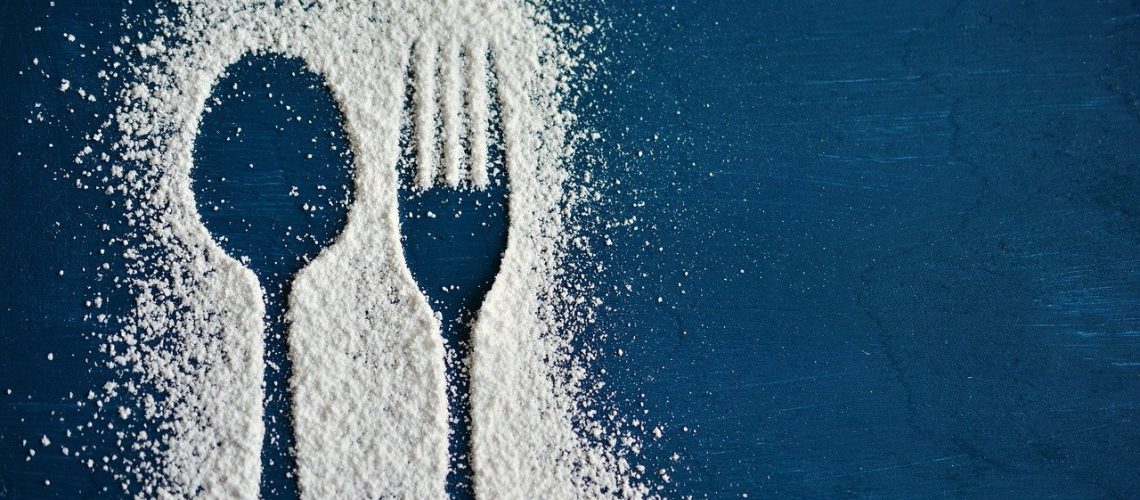From the time you were young, you likely have been told by your primary care and dental care providers to be careful with your sugar intake. This is because a diet high in sugar increases your risk of a variety of health issues, such as diabetes, high blood pressure, obesity, fatty liver disease, decay, cavities, and gum disease.
Let’s take a closer look at how sugar affects your dental health:
Sugar Feeds Oral Bacteria
Do you love sugar? Bad bacteria in your mouth love to eat it as well! These bacteria multiply and accumulate into plaque (a sticky film that coats your teeth) after feasting upon the sugar in your food, beverages, candy, and gum. They produce acidic waste that irritates your gums and erodes the surface of your teeth, leaving holes called cavities.
Inflamed Gums & Weakened Teeth
A sugary diet, particularly combined with poor hygiene, will lead irritated gum tissue to pull back from your teeth and cavities to grow bigger. This can cause pain, undermine the structure and function of your tooth, and make way for infection. Infections can then spread deeper into the tooth and to your jawbone. Eventually, you can experience tooth loss, bone loss, and even serious inflammation throughout the body.
How to Protect Your Teeth & Gums From the Effects of Sugar
You don’t need to completely remove sugar from your life. Instead, before consuming a food or beverage, carefully consider how much sugar is in it compared to how nutrient-dense it is overall. You can do this by reading the nutrition label, making sure to look at the serving size, as well, for an accurate understanding of the sugar content.
Foods and beverages have a “total sugars” content and an “added sugars” content. Added sugar is not naturally present but is added when the item is processed. In contrast, naturally-occurring sugars are in milk, fruits, and vegetables as part their normal structure. The Dietary Guidelines for Americans recommends limiting calories from added sugars to 50 grams per day based on a 2,000 diet, or 10% of your total calories.
Make smart dietary choices to include a wide variety of natural, whole foods with products that contain added sugar in moderation. For example, while grapes contain natural sugar, they also contain healthful vitamins and minerals that are essential to a strong mouth and body. But a soda contains added sugar and no healthful nutrients besides some water for hydration. Added sugar mainly comes from candy, desserts, baked goods, and sugar-sweetened beverages.
Additionally, brush your teeth twice a day for two minutes each time, floss every day, and visit your dentist every six months for professional cleanings and checkups!
If you have additional questions about how sugar affects your dental health, please consult with our team at Hermitage Dental Group, your primary care provider, and/or a nutritionist!

